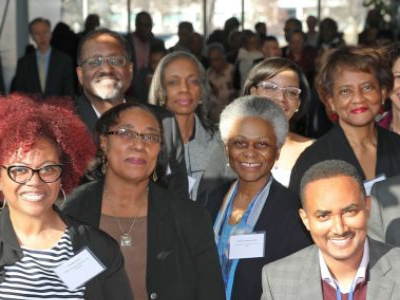Dr. Botswana Blackburn named 2018 Kemper Fellow
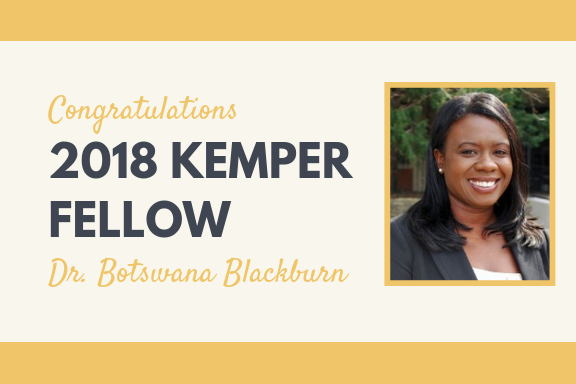
Your source for what's new at Mizzou Libraries

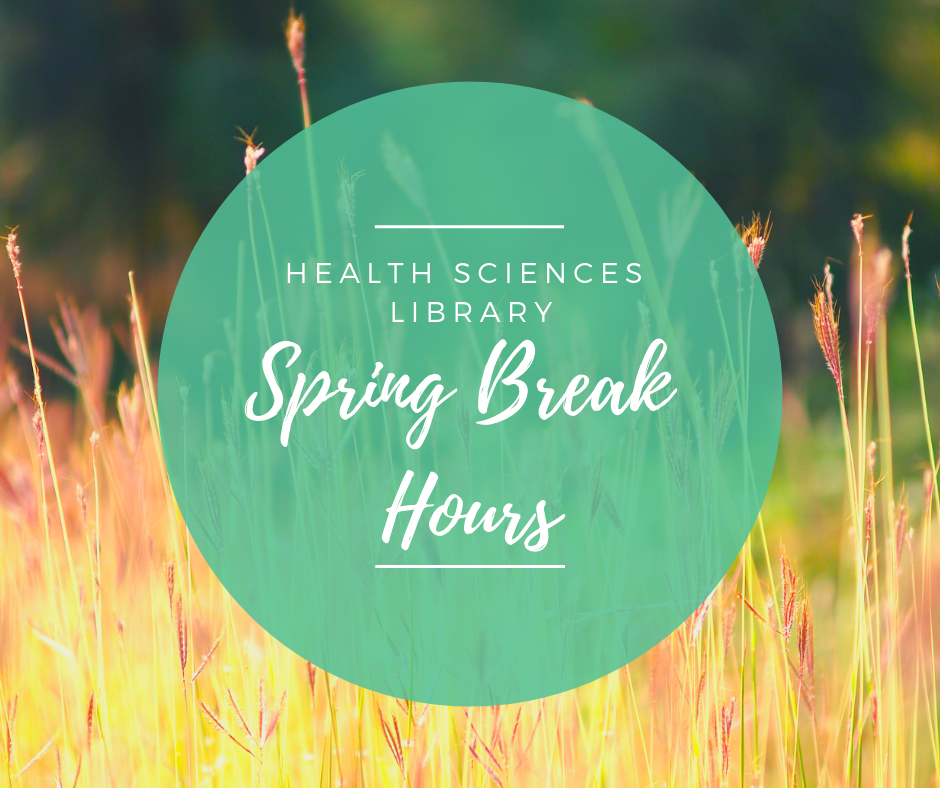
The Health Sciences Library will be open over Spring Break.
Saturday, March 23rd: 10am-7pm
Sunday, March 24th: 2pm-11pm
Monday, March 25th-Thursday, March 28th: 7am-11pm
Friday, March 29th: 7am-6pm
Saturday, March 30th: 10am-7pm
Sunday, March 31st: 12pm-12am
Have a safe and fun Spring Break!
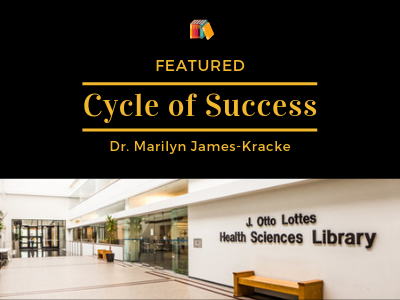
This guest post is written by Dr. Marilyn James-Kracke, Associate Professor of Medical Pharmacology and Physiology.
With the help of Rebecca Graves, Educational Services Librarian, and Mike Spears, System Support Analyst, my students in medical pharmacology are included in the list of students who can use UpToDate and its Lexi-comp drug database for 15 assignments that teach information technology to premedical and prehealth professional students. Each assignment explores different components of drug monographs, drug interactions reports, calculators for renal function, disease treatment strategies and pill identifiers etc.
My students greatly appreciate this opportunity for professional training. These assignments provide additional valuable active learning components to this advanced basic science course.
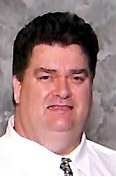
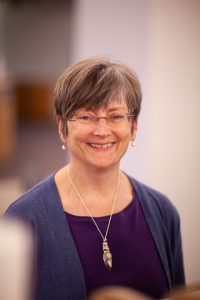
For the Medical Physiology course and the Medical Pharmacology course, I provide direct links within the CANVAS course components to electronic textbooks so students can freely access any part of these well recognized textbooks using the library fees they pay as students. The students feel that I have their best interest at heart by saving them textbook dollars while also providing access to quality textbooks.
Thank you librarians for providing these excellent services to my students. I’m glad my students get a great library experience so they learn to value these resources as future professionals.
Cycle of Success is the idea that libraries, faculty, and students are linked; for one to truly succeed, we must all succeed. The path to success is formed by the connections between University of Missouri Libraries and faculty members, between faculty members and students, and between students and the libraries that serve them. More than just success, this is also a connection of mutual respect, support, and commitment to forward-thinking research.
If you would like to submit your own success story about how the libraries have helped your research and/or work, please use the Cycle of Success form.

On March 21-22, the first floor will be restricted to 3rd year medical students for testing between the hours of 8:00am-5:00pm.
If you need a book from the first floor, please visit the Service Desk.
Remember, if you need to print, use the Health Sciences Library Copy Room printers located on the main floor of the library.
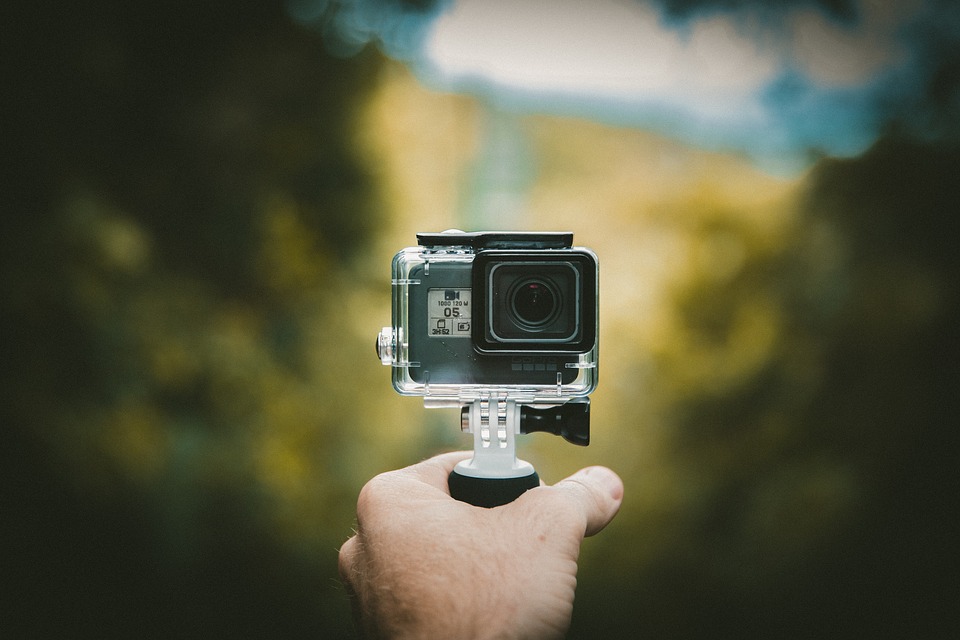
Capture your life’s adventures with the newly available GoPro HERO5 at the Health Sciences Library.
You can check out the camera and the kit for a 3 day period. Included in the kit:
Did you know that you can submit your content for a GoPro award? There have been some great ones and perhaps one day, we will see yours up there!
Halloween wonder kid is one of our favorites.

Each month we provide an overview of University of Missouri authored articles in medicine and related fields as well as a featured article from a School of Medicine author with the highest journal impact factor.
This month’s featured article:
“Home oxygen therapy for children an official American Thoracic Society clinical practice guideline” was co-authored by Dr. David Gozal of the Department of Child Health. The article was published in American Journal of Respiratory and Critical Care Medicine (impact factor of 15.239 in 2017).
See the list of publications in medicine and related fields we retrieved for this month: http://library.muhealth.org/resourcesfor/faculty/faculty-publications/feb2019/
*This list is not intended to be comprehensive.
Did we miss something? Email asklibrary@health.missouri.edu and we will add your publication to the list.
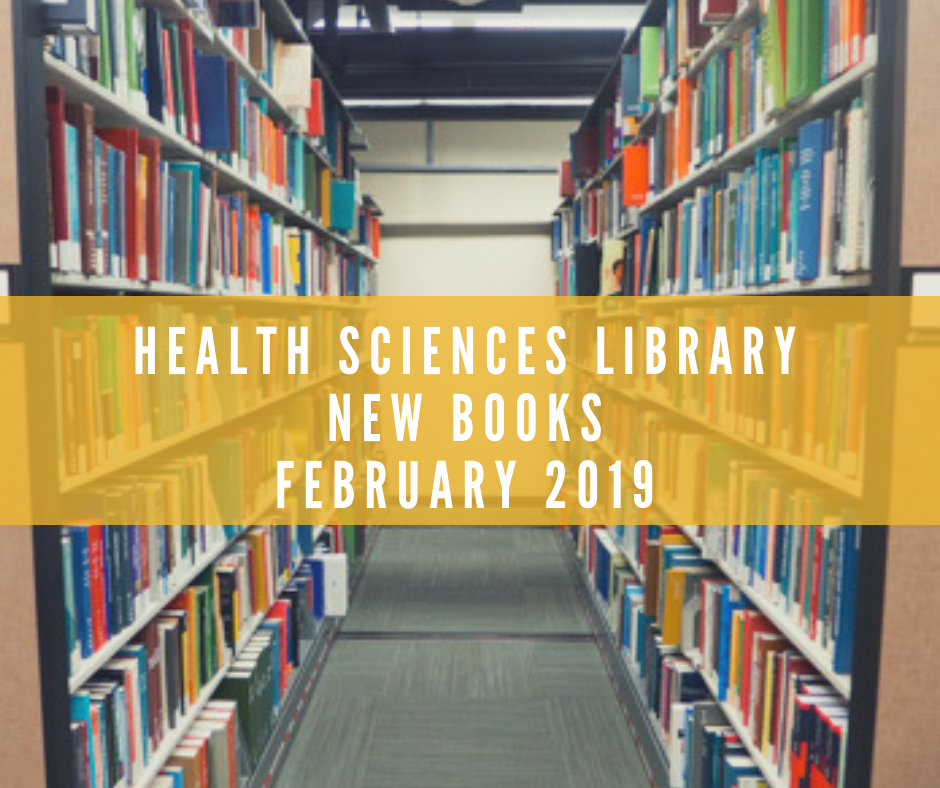
Check out this month’s new books at the Health Sciences Library. You can use the drop down menu to see previous month’s additions.
Have a purchase recommendation? You can request a book for your teaching or research using this form.

On March 4-8, the first floor will be restricted to 1st and 2nd year medical students for testing between the hours of 8:00am-5:00pm.
If you need a book from the first floor, please visit the Service Desk.
Remember, if you need to print, use the Health Sciences Library Copy Room printers located on the main floor of the library.
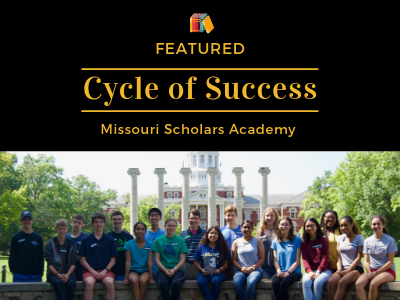
The Missouri Scholars Academy brings 330 gifted high school juniors from around the state to the University of Missouri Campus. “With a carefully selected faculty and staff, a specially designed curriculum that focuses on the liberal arts, and a variety of stimulating extracurricular activities, the academy enables students to be part of a unique learning community.” One of those stops for the academy is the library.
Last year, the students visited with Rachel Brekhus, Humanities and Social Sciences Librarian, who assisted the students with finding primary historical sources and secondary scholarly sources. The collaboration was so successful that, Ben Balzer, one of the Missouri Scholars instructors, jumped at the chance for his science fiction students to attend Rachel’s research workshop during the 2018 session as well as expanding that collaboration to include Kelli Hansen, Special Collections Librarian.
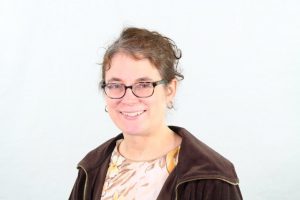
“Their work with my students was, in short, amazing! I extended my collaboration to Kelli because of how much last year’s students enjoyed working with library resources,” says Ben. Both his science fiction and censorship in literature classes met with Kelli, who provided literary texts from the eighteenth, nineteenth, and twentieth centuries for the scholars to examine. The scholars looked at items ranging from a comic version of 2001, A Space Odyssey to a rare copy of Utopia by Thomas More. Ben found this opportunity provided his students the ability “to see the rich artistic tradition that underpins the literature we read today.” The scholars left their visit to Special Collections inspired and excited to work on their research projects.
Ben sees this collaboration being a regular component of his classes. “I want high school students to gain familiarity with university resources so they will feel prepared to make good use of academic libraries when they arrive on college campuses. Students of literature should also be introduced to the social, political, ethical, and historical significance of the texts they read. Working with research librarians helps students better recognize these broader contexts and how they enrich literary study,” says Ben.
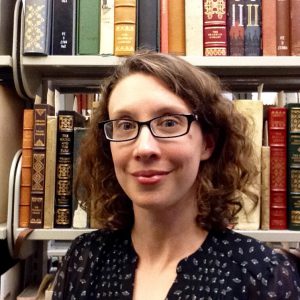
Cycle of Success is the idea that libraries, faculty, and students are linked; for one to truly succeed, we must all succeed. The path to success is formed by the connections between University of Missouri Libraries and faculty members, between faculty members and students, and between students and the libraries that serve them. More than just success, this is also a connection of mutual respect, support, and commitment to forward-thinking research.
Although the Cycle of Success typically focuses on the relationships among the Libraries, faculty, and students, the Libraries also contribute to the success of all the communities Mizzou serves. The Libraries are an integral part of Mizzou’s mission “to provide all Missourians the benefits of a world-class research university.”
If you would like to submit your own success story about how the libraries have helped your research and/or work, please use the Cycle of Success form.
